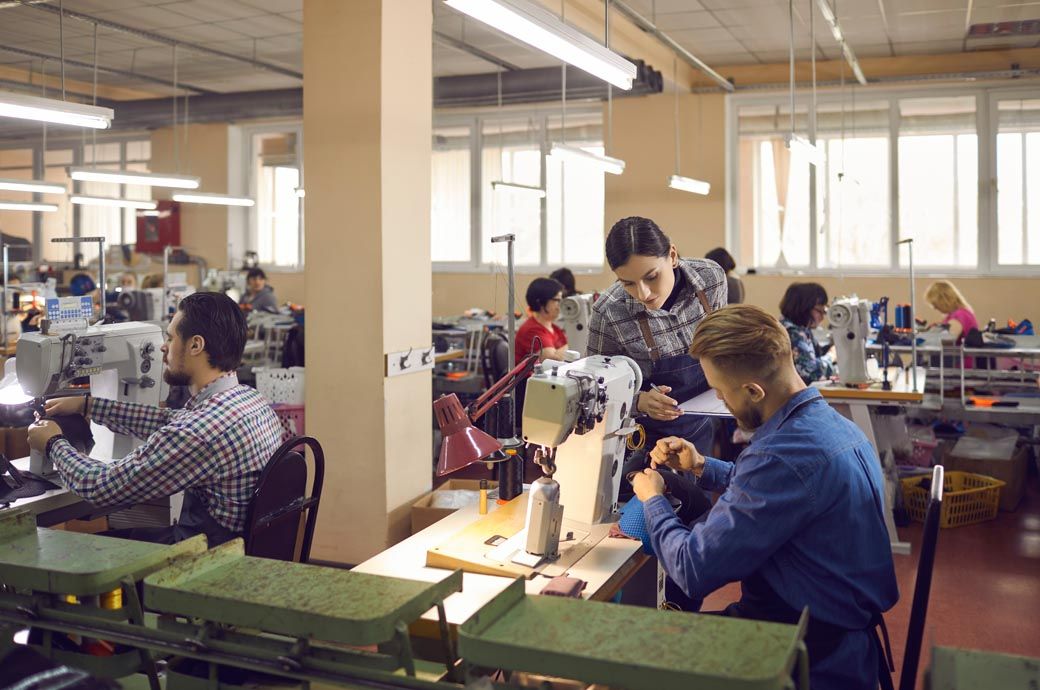YoY rise in hourly labour costs 4.7% in euro area, 5.2% in EU

The two main components of labour costs are wages and salaries, and non-wage costs.
In Q2 2024, the costs of hourly wages and salaries increased by 4.5 per cent and 5.1 YoY respectively in the euro area and the EU, while the non-wage component increased by 5.2 per cent YoY and 5.4 per cent YoY respectively.
Hourly labour costs rose by 4.7 per cent YoY in the euro area and by 5.2 per cent YoY in the EU in Q2 2024.
The highest increases in hourly wage costs for the whole economy in Q2 2024 were recorded in Croatia (plus 17.6 per cent), Bulgaria (plus 15.4 per cent), Romania (plus 15 per cent), Hungary (plus 13.2 per cent) and Poland (plus 13.0 per cent).
Hourly labour costs in the euro area rose by 4.9 per cent YoY in the (mainly) non-business economy and by 4.6 per cent YoY in the business economy in the quarter; it rose by 4.8 per cent YoY in the industry.
In the EU, hourly labour costs grew by 5.4 per cent YoY in the non-business economy and by 5.1 per cent YoY in the business economy in the quarter; it rose by 5.3 per cent YoY in the industry.
The highest increases in hourly wage costs for the whole economy in Q2 2024 were recorded in Croatia (plus 17.6 per cent), Bulgaria (plus 15.4 per cent), Romania (plus 15 per cent), Hungary (plus 13.2 per cent) and Poland (plus 13.0 per cent).
Two more EU member states recorded an increase above 10 per cent—Latvia (plus 11.0 per cent) and Lithuania (plus 10.9 per cent).
Fibre2Fashion News Desk (DS)
Related
ForexLive European FX news wrap: Euro stays buoyed, markets wait…
Headlines:Markets:EUR leads, AUD lags on the dayEuropean equities lower; S&P 500 futures up 0.1%US 10-year yields down 2.7 bps to 4.255%Gold up 0.4% to $2,9
European shares fall as tariff uncertainties weigh; US jobs data…
(Reuters) - European shares fell on Friday as frequent shifts in U.S. trade policy throughout the week resulted in risk aversion, while focus remained on th
US economy added 151,000 new jobs in February; Euro on…
US jobs report releasedNEWSFLASH: Hiring across the US economy picked up slightly at the start of Donald Trump’s second term in office.The US economy added 15












